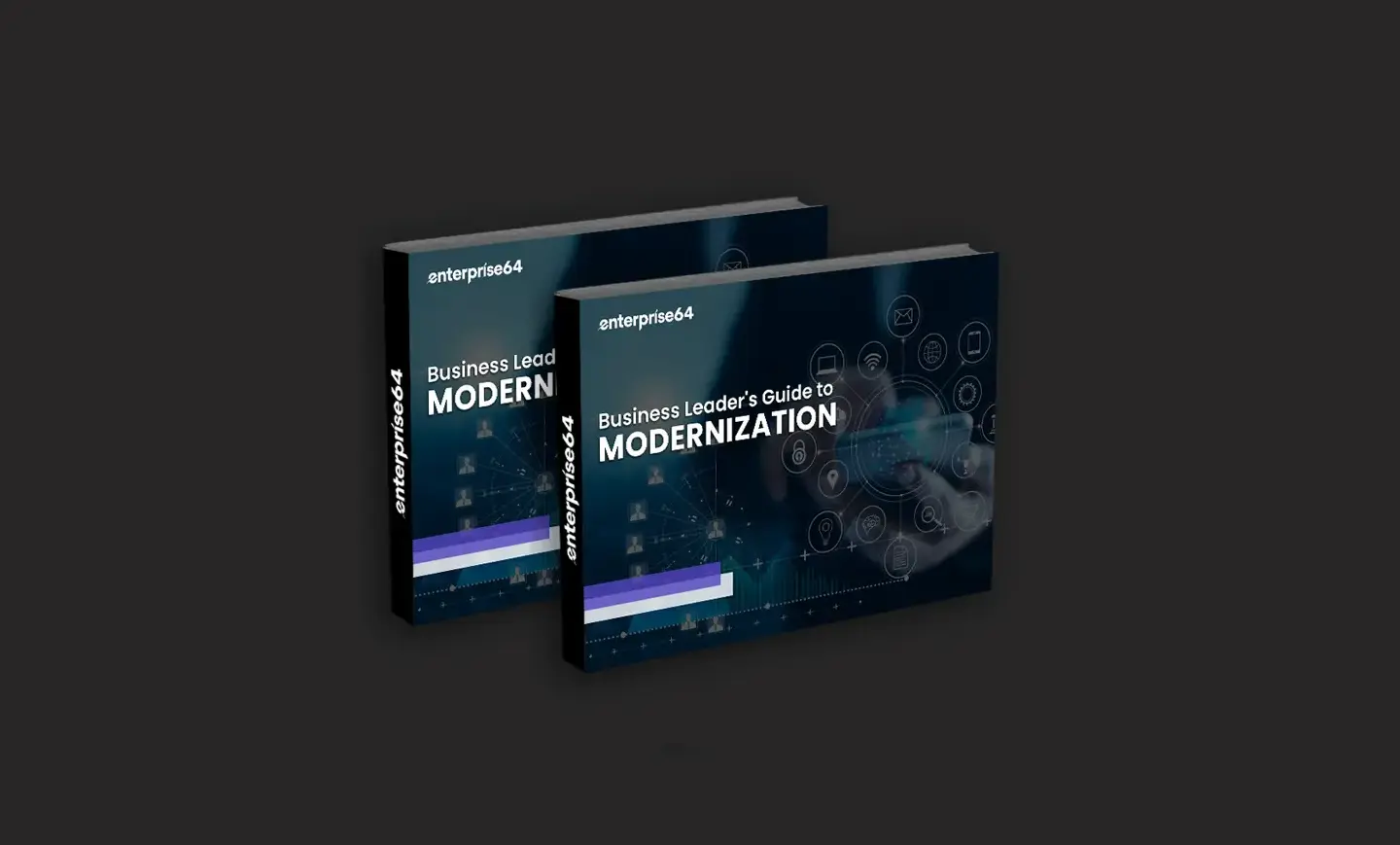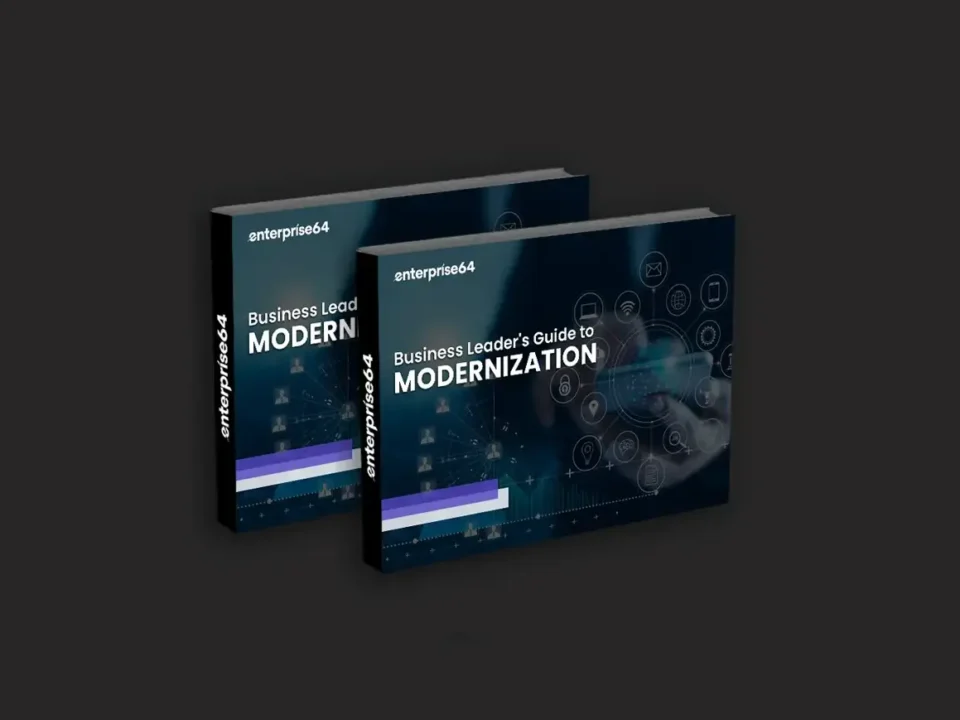Enterprise software and custom software are two different approaches to delivering technology solutions for businesses. Both have their own advantages and disadvantages, and choosing the right one for your organization will depend on your specific needs, goals, and resources.
Enterprise Software:
| PROS | CONS |
|
|
Custom Software:
| PROS | CONS |
|
|
Deployment Time and Effort of Enterprise Software
The amount of time needed to deploy enterprise software can vary depending on several factors, including the size and complexity of the business, the number of users, and the specific software being deployed.
Typically, deploying enterprise software can take anywhere from several weeks to several months. The deployment process typically involves several steps, including requirements gathering, software installation, configuration, testing, training, and go-live. During each of these stages, there are several tasks that must be completed, and there may be challenges that need to be addressed along the way.
In general, the more complex the software and the larger the business, the longer the deployment process will take. However, many enterprise software providers offer pre-configured solutions that are designed to be deployed quickly, which can help to minimize the time and effort needed for deployment.
It’s also important to note that while the initial deployment process can be time-consuming, the long-term benefits of enterprise software can more than make up for this investment. By leveraging the latest enterprise technology, businesses can improve their bottom line, gain a competitive edge, and stay ahead of the curve in a rapidly changing marketplace.
Choosing The Right Enterprise Software
Choosing the right enterprise software for your business can be a complex process, and it’s important to ask the right questions to ensure you find the best solution for your needs. Here are some key questions that a business should ask when evaluating enterprise software options:
- What specific business problems does the software solve? Make sure that the software you choose addresses your specific business needs and will help you achieve your goals.
- Is the software user-friendly and intuitive? Make sure that the software is easy to use and that your employees will be able to adopt it quickly.
- Does the software integrate with your existing systems? Make sure that the software integrates with other systems you use, such as CRM and ERP systems, to improve overall efficiency.
- What level of support and training is available? Make sure that the software provider offers robust support and training to ensure that you can get the most out of the software.
- What is the total cost of ownership? Make sure that you understand the total cost of ownership for the software, including licensing fees, implementation costs, and ongoing support and maintenance.
- How scalable is the software? Make sure that the software is able to scale to meet the changing needs of your business.
- What are the security measures in place? Make sure that the software is secure and that your data is protected.
- What is the vendor’s reputation and track record? Make sure that you choose a software provider with a strong reputation and a proven track record of success.
How To Get Started on Enterprise Software
As a C-Level executive, initiating discussions with enterprise software companies is an important part of finding the right solutions for your business. Here are some steps that can help you get started:
1. Define your needs and goals:
Before you reach out to enterprise software companies, it’s important to have a clear understanding of what you’re looking for. Define your specific business needs, identify the problems you’re trying to solve and establish your goals and priorities.
2. Research potential vendors:
Use online resources, such as industry publications, forums, and software review websites, to research potential enterprise software vendors. Make a list of companies that seem like a good fit and prioritize them based on your specific needs and goals.
3. Reach out to vendors:
Once you have a list of potential vendors, reach out to them to initiate discussions. You can start by sending a brief email or making a phone call to introduce yourself and explain your needs and goals. Be prepared to answer questions about your business and provide additional information about your specific requirements.
4. Schedule a demo:
After you have had an initial conversation with a vendor, schedule a demo to see the software in action. This will give you a better understanding of how the software works and whether it’s a good fit for your business.
5. Evaluate the software:
After the demo, evaluate the software to determine whether it meets your needs and goals. Consider factors such as ease of use, functionality, scalability, and cost.
6. Negotiate a contract:
If you decide to move forward with a vendor, negotiate a contract that meets your needs and protects your interests. Make sure that you understand the terms and conditions of the agreement and that you’re comfortable with the pricing and support terms.
Conclusion
- While the deployment process for enterprise software can take several weeks to several months, the benefits of this technology make it a worthwhile investment for businesses of all sizes. By working with experienced enterprise software providers, businesses can streamline their deployment process and get up and running quickly and cost-effectively.
- When choosing enterprise software, it’s important to ask the right questions to ensure you find the best solution for your needs. By carefully evaluating your options and working with experienced software providers, you can choose a software solution that will help your business grow and succeed.
- While custom software can be a good option for businesses with specific needs, enterprise software is typically a more cost-effective, scalable, secure, and integrated option for businesses of all sizes. By leveraging the benefits of enterprise software, businesses can stay ahead of the curve and remain competitive in a rapidly changing marketplace.
- Custom software can offer a number of key benefits over enterprise software, including tailored functionality, greater flexibility, improved performance, enhanced security, and lower total cost of ownership. However, it’s important to carefully evaluate your specific needs and goals and weigh the pros and cons of each option before making a decision.
- Initiating discussions with enterprise software companies is a critical part of finding the right solution for your business. By following these steps and working closely with potential vendors, you can find the software that will help your business succeed and grow.










